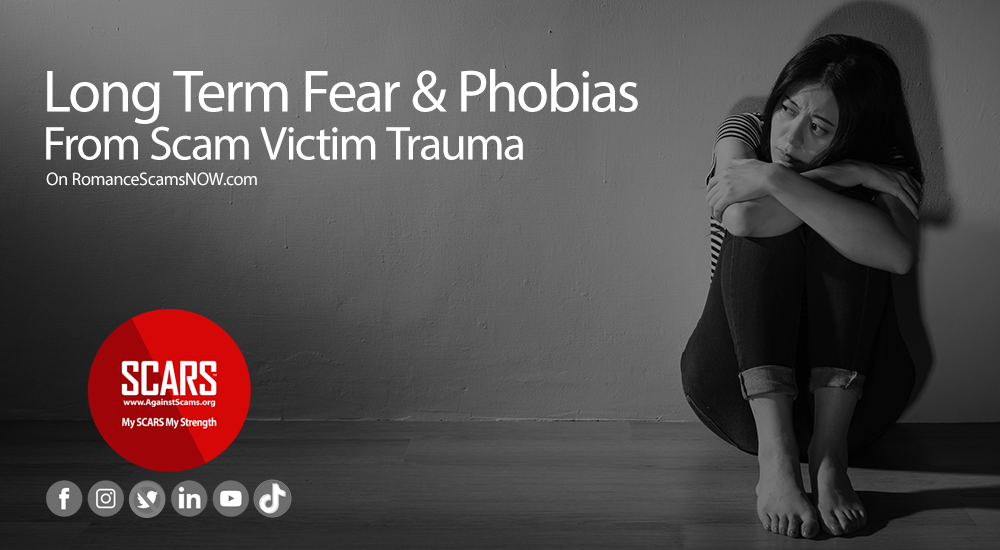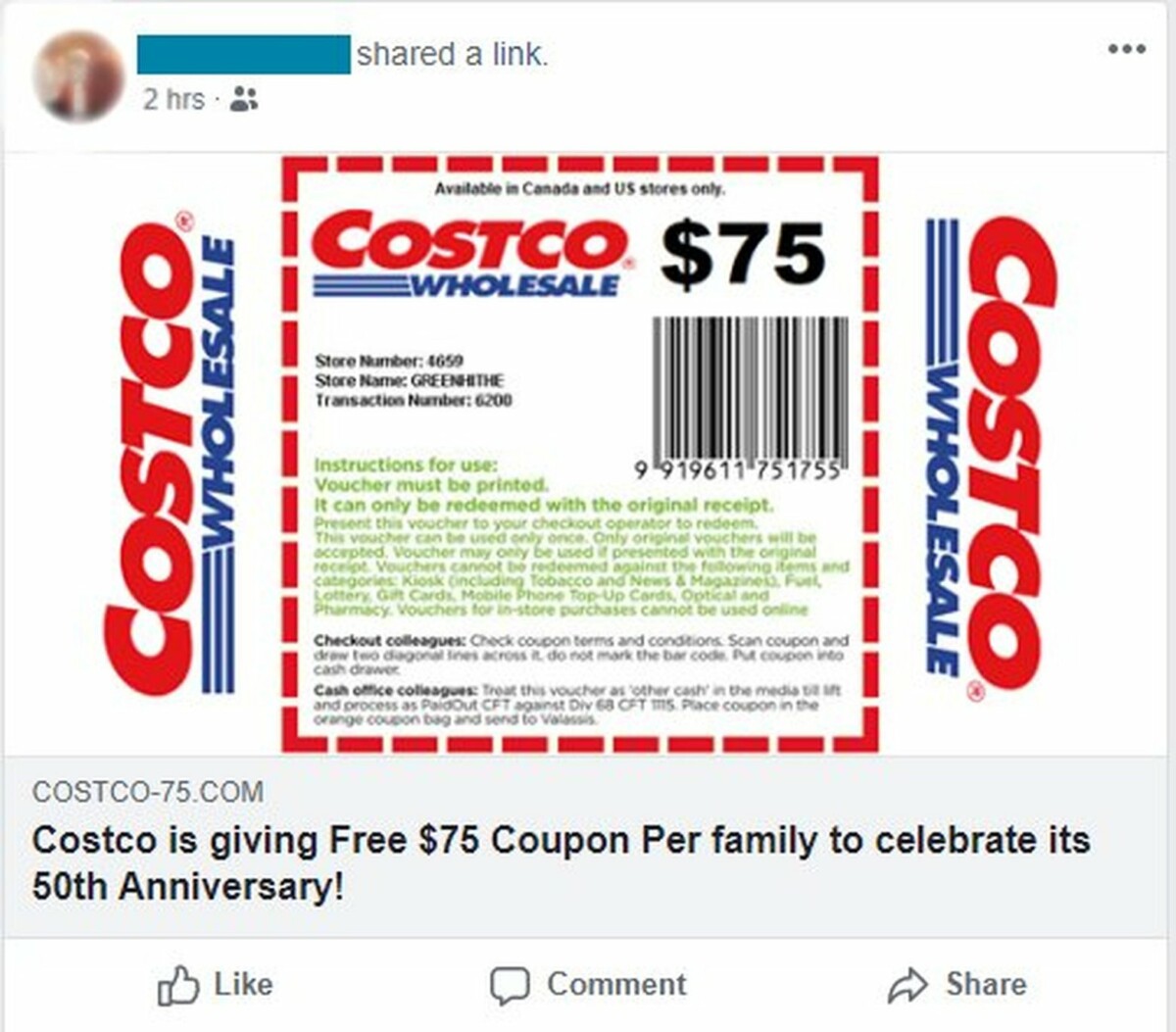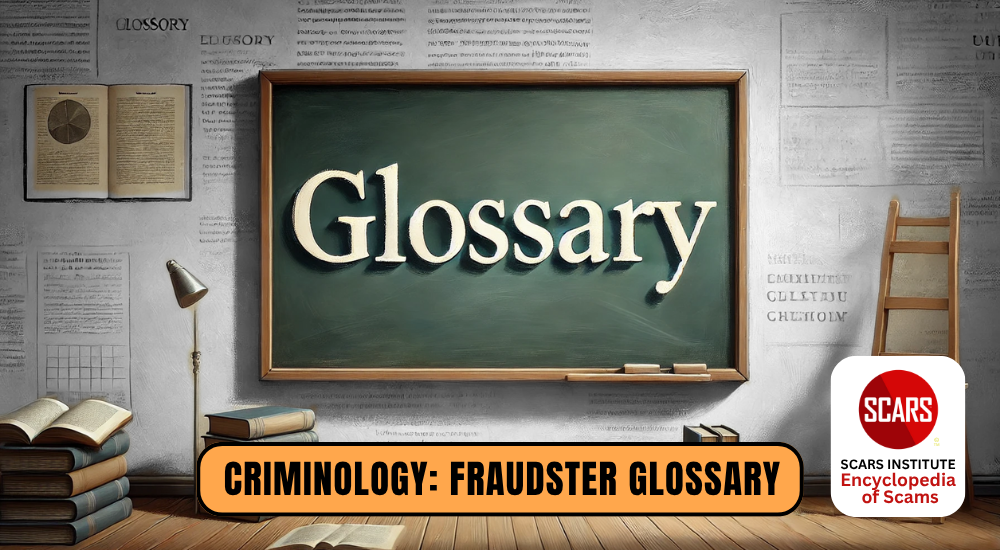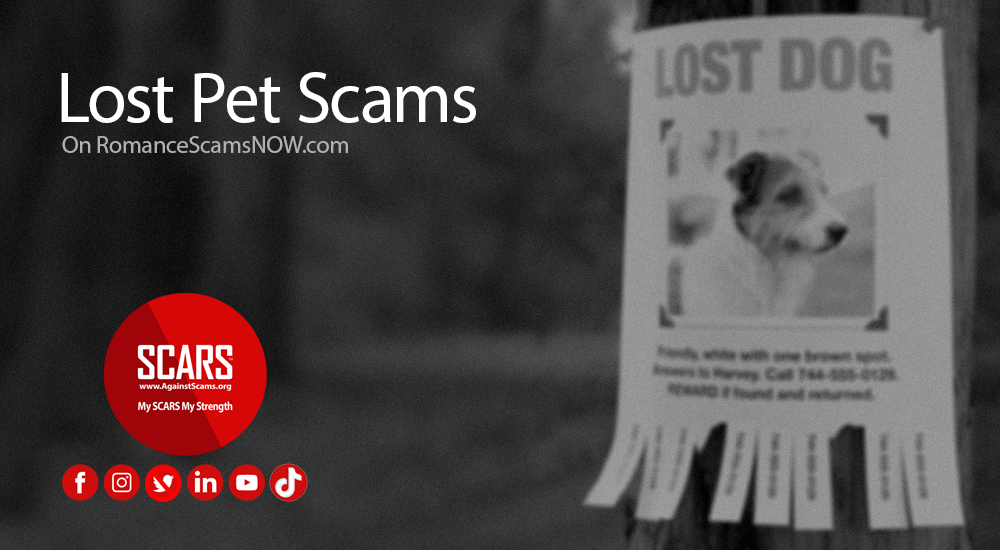
SCARS Institute’s Encyclopedia of Scams™ Published Continuously for 25 Years

Coupon Scams – Yes, It Is A Thing!
A Guide To Using Coupons To Save Money Safety
A SCARS Insight
In Today’s tough economy many are turning to Coupons again to save money!
But scammers are right there to catch and steal your money!
While couponing is indeed a great way to make sure you can get some really good deals, it is vital that you learn how to avoid coupon fraud at the same time. The guide below has been designed by Consumer Protection (www.consumerprotect.com) to help you understand what is and isn’t legal, thereby making sure that you can play a part in ensuring that couponing remains a safe & ethical activity that will help consumers keep costs down.
Over the past few months, we have seen the arrest of large gangs of Coupon Scammers. For example:
More than 80 people identified in illegal coupon ring, Montgomery County officials say
HOUSTON – Numerous people have been arrested and charged with theft after Montgomery County authorities discovered what they called “astonishing” coupon crimes happening in their area.
According to officials, the investigation started in November 2020 after one individual purchased more than $200,000 worth of items from different stores in one year using counterfeit coupons.
How the coupon manipulation happened
The Montgomery County Sheriff’s Office said during their investigation, they discovered a couponing group known in the underground world as “Dark Side” coupons that sold fraudulent coupons that looked like they were made by the manufacturers of products.Authorities said the thieves stole items from Walmart, H-E-B, Kroger, Target and Walgreens in the Montgomery County and Harris County areas.
The counterfeit coupons were often customized to meet the request of those ordering them. The coupons’ manipulation was on paper versions of the coupons, involving printers like the ones used by retailers. The criminals would then print up coupons in a “sweatshop”-style setting and people would call up, saying what kind of coupons they would need and they would be manipulated and printed, authorities said. Clerks would use the coupon and the coupon would ring up as something totally different, but the photo on the coupon would be of the product, such as diapers or cleaning liquids, and the coupon would be accepted.
The products that were bought using the bogus coupons were then sold at various locations, such as at flea markets or online, for a profit.
What was seized, who it will help
Authorities said they seized a truckload with 4,000 items and shut down the website that had been operating. The seized items — including toiletries, cleaning products and toys — will be donated to local charities that help children, trafficked children, domestic violence victims and the homeless.
“The Sheriff’s department is taking a bad situation from crime, and turning it into a beautiful mission to provide for families that are less fortunate. Everyday items that we can use to support our families,” said Marilyn Kasmiersky, executive director of Family Promise which helps homeless families find shelter.
”This is such a huge blessing to our organization. Not only do we help the homeless, but as they’re transitioning off the streets, they go into our transitional homes so these are items that can be used in the homes everyday,” said Savannah Cordell, Director of Special Events and Fundraising for Compassion United.
Scope of the alleged crimes
The wide-ranging investigation identified 87 people across 23 states, and the case has now been turned over to the FBI and will be prosecuted by the U.S. Attorney’s Office.
Three locals, Cassandra Clark, Sheilo Cruz and Rudolph Cruz, were arrested and charged with engaging in organized criminal activity. Officials said a federal charge of theft could also be applied.
Officials said preliminary results from a clearinghouse that processes valid coupons for retailers have documented more than $9.7 million dollars in losses and project there could be another $10 million in losses as the investigation continues.
At nearly US$10million dollars, this was a serious scam. It costs the companies that were victimized, but it also costs all of us, since businesses pass along their losses to all of us.
Just imagine, if you had bought one of these items – it effectively was stolen property. It also means that the warranties might also have been voided!
According to Consumer Protection:
You have to understand that coupon fraud actually costs businesses millions of dollars a year. This money that they lose is charged to the customer by increasing prices on products. You won’t be thrown in jail for trading coupons in your circle of friends. However, it is not unheard of for people to be handed three to five year prison sentences for coupon fraud on a large scale. If you counterfeit or alter a coupon, or if you break the terms and conditions associated with it, you are committing fraud, and fraud is a serious crime.
Keep It Legal!
There are a number of things you can do to make sure you don’t end up in trouble by using coupons:
- Do not copy, scan or print more than the number of coupons you are allowed to from a website. This should be clearly indicated and you must stick to these rules for ethical reasons.
- Do not decode the bar codes on coupons. This is something that some shoppers have done, essentially using a coupon for one product on a completely different product altogether. Yes, you may be able to scan a coupon but that doesn’t mean that scanning it is actually legal.
- Do not use a coupon that has expired. Of course, you can always ask the store whether they are still willing to honor it, which is completely within the rules. But if they say no, then your coupon will be completely worthless.
- Do not buy coupons. Generally speaking, there will be a clause somewhere on the coupon or through the issuer of the coupon that states that a coupon that was transferred for any type of payment becomes null and void. This also means that you cannot buy your coupons off websites, such as Craigslist or eBay. If you do purchase them, there is also a chance that you may have bought counterfeit or even stolen coupons.
- Do not get Sunday papers out of other people’s dumpsters. This is a practice known as ‘dumpster diving’. Not only is it dangerous, but you could actually be breaking the law as it can be considered trespassing. If you want to have Sunday papers other than your own, simply ask your friends and neighbors whether you can have theirs. Alternatively, you can buy more newspapers.
- Always read the fine print. The terms and conditions included must be read properly and followed to the letter. There are various restrictions included on almost every coupon and you must understand them.
Coupon Restrictions
Remember, that in today’s world of extreme data, everything is tracked and recorded – including linking coupons to specific customers – through payment cards and other means.
Almost all coupons have the same restrictions. These include:
- That you cannot transfer a coupon. This means you can’t sell it, buy it or trade it with someone else.
- Most coupons are limited to one per household. This means that you can’t go shopping together with your husband and use the same coupon on the same product twice.
- A limit of four coupons per transaction is usually provided for each household for a period of 24 hours. Cashiers are trained to be aware of this clause and if they spot you having used more than four, they may refuse to honor the coupon, meaning you either have to pay the full amount or come back the next day to try again.
- Do Not Double (DND) rule. However, there are a number of stores that make exceptions to this. Like with the expired coupons, however, this means you have to ask them whether or not they want to honor it.
Red Flags
There are a number of clear red flags to be aware of. While you may unwittingly fall for some sort of coupon fraud, not knowing it is not a legal defense. This is why it is important that you are aware of the red flags that may mean you have gotten your hands on an illegal coupon:
- An extended expiration date. Usually, the better the deal is, the less time you will have to cash in on it. If you see a lead time that is longer than six months, particularly on high value or on free items, it is likely that the coupon is counterfeit.
- Coupons in PDF files. This is a significant issue because many manufacturers do actually print their coupons in PDF format, believing PDFs to be uncrackable. In reality, it is very easy to modify a PDF file. This is why, if you do find a PDF coupon, you have to make sure the source is completely legitimate.
- Coupons with names or email addresses. Sometimes, a store will include a name or email in order to make it more difficult for copycats to create fake coupons. If you are given a personalized coupon, you will probably have to bring some ID with you in order to actually claim the coupon itself.
- Coupons that look doctored. Sometimes, it simply is really obvious that a coupon is fake. The tone may be a bit hazy, the logo may be completely fake or outdated, there may not be an expiration date on the coupon, the font may be wrong on the slogan or logo, and so on. While it may be tempting to still use the coupon, you would actually be breaking the law.
- Too good to be true coupons. If you see a coupon offering you $15 off an item that costs $15 in the first place, there is probably something wrong. There are exceptions, however. For instance, you may be getting $15 off a $30 product and the store that carries this product just so happens to be having a 50% off sale. In that case, the coupon may be completely legit.
Be Ethical
Couponing should be done ethically. This is almost an unwritten rule among people who use coupons for their shopping. While there are no laws that dictate you must behave in the following way, it is simply presumed that you should so that the world of couponing doesn’t get ruined for everybody else. As such:
- Never buy more than what you actually need.
- Do not take the peel off anything that you don’t intend to use or buy.
- Do not grab lots of coupon booklets if they are offered.
- Do not take coupon tags off products, such as wine bottles, unless you intend to purchase them.
- Do not take all the coupons out of a tear pad, nor should you take all the blinkies found in a machine.
Avoid Clipping Services
The best way to avoid accidental coupon fraud is to not use clipping services. This is particularly true if the entity is completely unknown. Also make sure you get rid of emails that include coupons or discounts giving you free products. Instead, remain up to date with the Coupon Information Center/Corporation in order to make sure you know which coupons are valid or not.
Coupon Alerts
The Coupon Information Center/Corporation also issues coupon alerts. While they do their very best to list any counterfeit coupons they are aware of on their website, they cannot guarantee all counterfeit coupons are actually included on it. This is because:
- Identifying fake coupons takes a long time. It is important that the status of coupons is actually confirmed, and this doesn’t happen overnight.
- There are manufacturers who do not want any counterfeit coupons in their name listed on any public websites.
- Sometimes, law enforcement officials ask for counterfeit coupons not to be publicized, as it may jeopardize their investigations.
As a consumer, you can protect yourself by following the information listed above. Remember that committing coupon fraud, even unwittingly so, is a crime and that other consumers have to pay the price for it.
Related Scams
Remember that Coupons are also a tool used by scammers to Phish for your information or to deliver malware/ransomware to unsuspecting consumers.
Be very observant of any coupons that arrive in your email inbox or through messengers, even if they come from a friend – remember that your friends may not be as aware as you are and should not automatically be trusted in the things they do. You have to assume that noting that offers you tempting savings can be completely trusted, unless you know the source is real and something YOU asked for.
Learn More:
- Consumer Protection
- Coupon Information Corporation (couponinformationcenter.com)
- Ethics of Couponing: What to Know About Coupon Fraud (go.com)
- Coupon Fraud On The Internet Targeted For Warning Messages | Federal Trade Commission (ftc.gov)
- How To Recognize and Report Spam Text Messages (ftc.gov)
- COUPON FRAUD – FRAUDULENT COUPONS + USING COUPONS FRAUDULENTLY – EDUCATE YOURSELF (frugalfabulousfinds.com)
-/ 30 /-
What do you think about this?
Please share your thoughts in a comment below!
LEAVE A COMMENT?
Recent Comments
On Other Articles
- Arwyn Lautenschlager on Love Bombing And How Romance Scam Victims Are Forced To Feel: “I was love bombed to the point that I would do just about anything for the scammer(s). I was told…” Feb 11, 14:24
- on Dani Daniels (Kira Lee Orsag): Another Scammer’s Favorite: “You provide a valuable service! I wish more people knew about it!” Feb 10, 15:05
- on Danielle Delaunay/Danielle Genevieve – Stolen Identity/Stolen Photos – Impersonation Victim UPDATED 2024: “We highly recommend that you simply turn away form the scam and scammers, and focus on the development of a…” Feb 4, 19:47
- on The Art Of Deception: The Fundamental Principals Of Successful Deceptions – 2024: “I experienced many of the deceptive tactics that romance scammers use. I was told various stories of hardship and why…” Feb 4, 15:27
- on Danielle Delaunay/Danielle Genevieve – Stolen Identity/Stolen Photos – Impersonation Victim UPDATED 2024: “Yes, I’m in that exact situation also. “Danielle” has seriously scammed me for 3 years now. “She” (he) doesn’t know…” Feb 4, 14:58
- on An Essay on Justice and Money Recovery – 2026: “you are so right I accidentally clicked on online justice I signed an agreement for 12k upfront but cd only…” Feb 3, 08:16
- on The SCARS Institute Top 50 Celebrity Impersonation Scams – 2025: “Quora has had visits from scammers pretending to be Keanu Reeves and Paul McCartney in 2025 and 2026.” Jan 27, 17:45
- on Scam Victims Should Limit Their Exposure To Scam News & Scammer Photos: “I used to look at scammers photos all the time; however, I don’t feel the need to do it anymore.…” Jan 26, 23:19
- on After A Scam, No One Can Tell You How You Will React: “This article was very informative, my scams happened 5 years ago; however, l do remember several of those emotions and/or…” Jan 23, 17:17
- on Situational Awareness and How Trauma Makes Scam Victims Less Safe – 2024: “I need to be more observant and I am practicing situational awareness. I’m saving this article to remind me of…” Jan 21, 22:55
ARTICLE META
Important Information for New Scam Victims
- Please visit www.ScamVictimsSupport.org – a SCARS Website for New Scam Victims & Sextortion Victims
- Enroll in FREE SCARS Scam Survivor’s School now at www.SCARSeducation.org
- Please visit www.ScamPsychology.org – to more fully understand the psychological concepts involved in scams and scam victim recovery
If you are looking for local trauma counselors please visit counseling.AgainstScams.org or join SCARS for our counseling/therapy benefit: membership.AgainstScams.org
If you need to speak with someone now, you can dial 988 or find phone numbers for crisis hotlines all around the world here: www.opencounseling.com/suicide-hotlines
A Note About Labeling!
We often use the term ‘scam victim’ in our articles, but this is a convenience to help those searching for information in search engines like Google. It is just a convenience and has no deeper meaning. If you have come through such an experience, YOU are a Survivor! It was not your fault. You are not alone! Axios!
A Question of Trust
At the SCARS Institute, we invite you to do your own research on the topics we speak about and publish, Our team investigates the subject being discussed, especially when it comes to understanding the scam victims-survivors experience. You can do Google searches but in many cases, you will have to wade through scientific papers and studies. However, remember that biases and perspectives matter and influence the outcome. Regardless, we encourage you to explore these topics as thoroughly as you can for your own awareness.
Statement About Victim Blaming
SCARS Institute articles examine different aspects of the scam victim experience, as well as those who may have been secondary victims. This work focuses on understanding victimization through the science of victimology, including common psychological and behavioral responses. The purpose is to help victims and survivors understand why these crimes occurred, reduce shame and self-blame, strengthen recovery programs and victim opportunities, and lower the risk of future victimization.
At times, these discussions may sound uncomfortable, overwhelming, or may be mistaken for blame. They are not. Scam victims are never blamed. Our goal is to explain the mechanisms of deception and the human responses that scammers exploit, and the processes that occur after the scam ends, so victims can better understand what happened to them and why it felt convincing at the time, and what the path looks like going forward.
Articles that address the psychology, neurology, physiology, and other characteristics of scams and the victim experience recognize that all people share cognitive and emotional traits that can be manipulated under the right conditions. These characteristics are not flaws. They are normal human functions that criminals deliberately exploit. Victims typically have little awareness of these mechanisms while a scam is unfolding and a very limited ability to control them. Awareness often comes only after the harm has occurred.
By explaining these processes, these articles help victims make sense of their experiences, understand common post-scam reactions, and identify ways to protect themselves moving forward. This knowledge supports recovery by replacing confusion and self-blame with clarity, context, and self-compassion.
Additional educational material on these topics is available at ScamPsychology.org – ScamsNOW.com and other SCARS Institute websites.
Psychology Disclaimer:
All articles about psychology and the human brain on this website are for information & education only
The information provided in this article is intended for educational and self-help purposes only and should not be construed as a substitute for professional therapy or counseling.
While any self-help techniques outlined herein may be beneficial for scam victims seeking to recover from their experience and move towards recovery, it is important to consult with a qualified mental health professional before initiating any course of action. Each individual’s experience and needs are unique, and what works for one person may not be suitable for another.
Additionally, any approach may not be appropriate for individuals with certain pre-existing mental health conditions or trauma histories. It is advisable to seek guidance from a licensed therapist or counselor who can provide personalized support, guidance, and treatment tailored to your specific needs.
If you are experiencing significant distress or emotional difficulties related to a scam or other traumatic event, please consult your doctor or mental health provider for appropriate care and support.
Also read our SCARS Institute Statement about Professional Care for Scam Victims – click here to go to our ScamsNOW.com website.

















Thank you for your comment. You may receive an email to follow up. We never share your data with marketers.